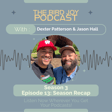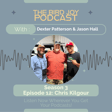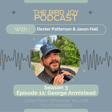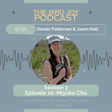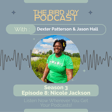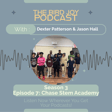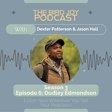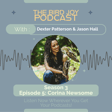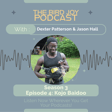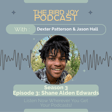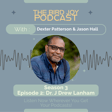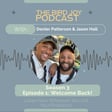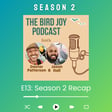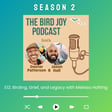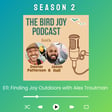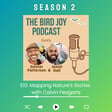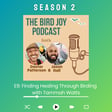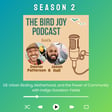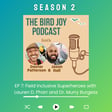
How to Start Birding Joyfully!
In this week's episode, join Dexter and Jason as they cover the ins and outs of how to get started in your own birding journey. The guys cover building community in your local patch, choosing the right pair of binoculars for you, the most helpful bird guide and identification tools for your area, and most importantly, how to find that #BirdJoy in the process. Join them as they share in the joys of building a diverse birding community by accepting folks as they are. Are you excited to get started on your own celestial birding experiences? Don’t miss fun recaps of generating good birding juju and even our favorite ungovernable groundhogs LOL.
Be sure to follow our podcast on Instagram at @thebirdjoypd and subscribe wherever you get your podcasts.
